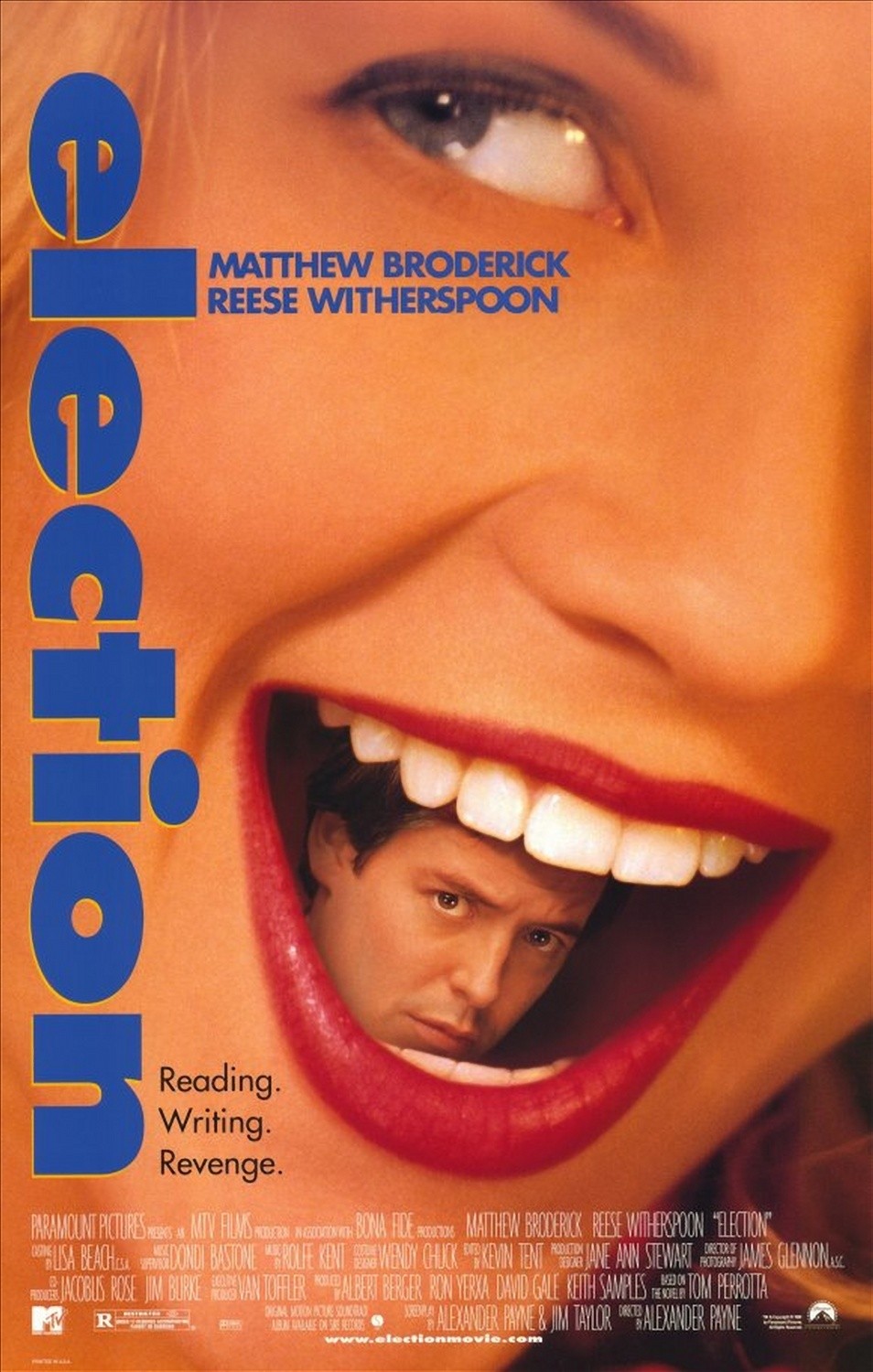Despite our pronounced irrational tendencies, two factors should give us all hope. First and foremost is the existence throughout history and in all cultures of people of high rationality, the types who have made progress possible. They serve as ideals for all of us to aim for. These include Pericles, the ruler Aśoka of ancient India, Marcus Aurelius of ancient Rome, Marguerite de Valois in medieval France, Leonardo da Vinci, Charles Darwin, Abraham Lincoln, the writer Anton Chekhov, the anthropologist Margaret Mead, and the businessman Warren Buffett, to name but a few. All of these types share certain qualities—a realistic appraisal of themselves and their weaknesses; a devotion to truth and reality; a tolerant attitude toward people; and the ability to reach goals that they have set.
The second factor is that almost all of us at some point in our lives have experienced moments of greater rationality. This often comes with what we shall call the maker’s mind-set. We have a project to get done, perhaps with a deadline. The only emotion we can afford is excitement and energy. Other emotions simply make it impossible to concentrate. Because we have to get results, we become exceptionally practical. We focus on the work—our mind calm, our ego not intruding. If people try to interrupt or infect us with emotions, we resent it. These moments—as fleeting as a few weeks or hours—reveal the rational self that is waiting to come out. It just requires some awareness and some practice.


